Why I Became Vegan
An introduction to the ethical vegan argument that completely convinced me.

It’s been almost three years since I stopped eating or buying anything made from animals because I became convinced it’s unethical.
This wasn’t a conclusion I reached on a whim. It took many years for my mind to change. Most people think being vegan is a diet, but I learned veganism is really a philosophy. This is my first time writing about it, so for now I only want to cover the definition of veganism and why I find its core argument so convincing.
What is veganism?
While it’s true that someone who doesn’t eat or drink anything made wholly or partly from animals is vegan, it doesn’t capture the complete picture of veganism.
This is a definition for veganism I’ve slightly modified from The Vegan Society.
“Veganism is a philosophy and way of living which seeks to avoid the exploitation and use of animals-as far as is possible and practicable-for any purpose, including food, clothing, furniture, entertainment, makeup, personal products, and any other items that use materials or ingredients derived from animals.”
The philosophical part of veganism is really about ethics. Like humans, non-human animals are conscious and sentient beings. They have individual personalities, desires, experience pleasures, and feel pain. Despite being a different species from humans, their preferences for seeking pleasures and avoiding pain should be respected and protected.
Veganism is about taking the most basic and fundamental natural right that we believe all humans have, the right to life, and extending it to animals. We shouldn’t treat sentient beings like objects.
I think most people think being vegan is a more ethical choice than not, but also that it’s not unethical to not be vegan. The difference is veganism says it is unethical to not be vegan. Why?
Core argument for veganism
Animals suffer in the production of animal products, and since we have access to sufficient alternatives that don’t require the use of animals to be made, that means products made from animals are unnecessary and the animal suffering is unnecessary. It is unethical to cause unnecessary suffering, therefore it is unethical to consume, purchase, or create products made from animals.
If we are to believe it’s not unethical to take and use the bodies of animals for food and other materials, then we must have a truly legitimate need for them that is impossible to be satisfied in any other practical way.
I think the most obvious need of animal products would be for food. We need to eat to survive, right? And generally, meat, eggs, milk, etc. contains the important nutrients we need to survive. However, because it’s possible to get these nutrients from a plant-based diet, then we don’t need animal products to survive. Yes, we need food to survive, but that food doesn’t need to come from animals.
If it was not possible to eat a plant-based diet and live a healthy life (or in other words that didn’t cause illness or premature death), then eating food made from animals would be necessary, and the suffering animals would go through to produce that food would generally not be unethical to inflict. However, there already has been more than sufficient research done to show that people can not only survive on a plant-based diet, but is often correlated with reduced risk of cancer and longer life spans.
But is it practical to switch to a healthy plant-based diet? Well, I admit it’s not easy and there are some costs. You will have to learn:
- what you need to eat to be healthy on a plant-based diet
- how to shop at grocery stores and read ingredients labels
- what and how to order at restaurants
- how to deal with social events that revolve around food
- and more
Most people think it would be too difficult for them to switch to a vegan diet, but after a few months most of these become non issues. The only thing I still find somewhat of a challenge after being vegan for nearly three years is the social aspect.
However, none of these obstacles make switching to a vegan diet impractical enough for us to say we have a legitamte need for animal products. The far majority of people living in first world countries have access to modern grocery stores that have everything one would need to eat a healthy plant-based diet. This means it’s both possible and practical to not consume animal products. Therefore the production of animal products is unecessary and animal suffering is unecessary.
The reality is however, that most people just don’t care about the well-being of animals. Most people love the way they taste more than they think their life is worth. So how did I start caring?
What changed my mind
It started in 2007 when I attended a bullfight in Spain and it was the first time I can remember giving serious thought to the well-being of animals. Just imagine being the bull for a minute in this scenario…

You’re forced into a stadium and paraded around to entertain the spectators. Then you start getting stabbed with spears repeatedly. With each piercing comes tremendous pain.
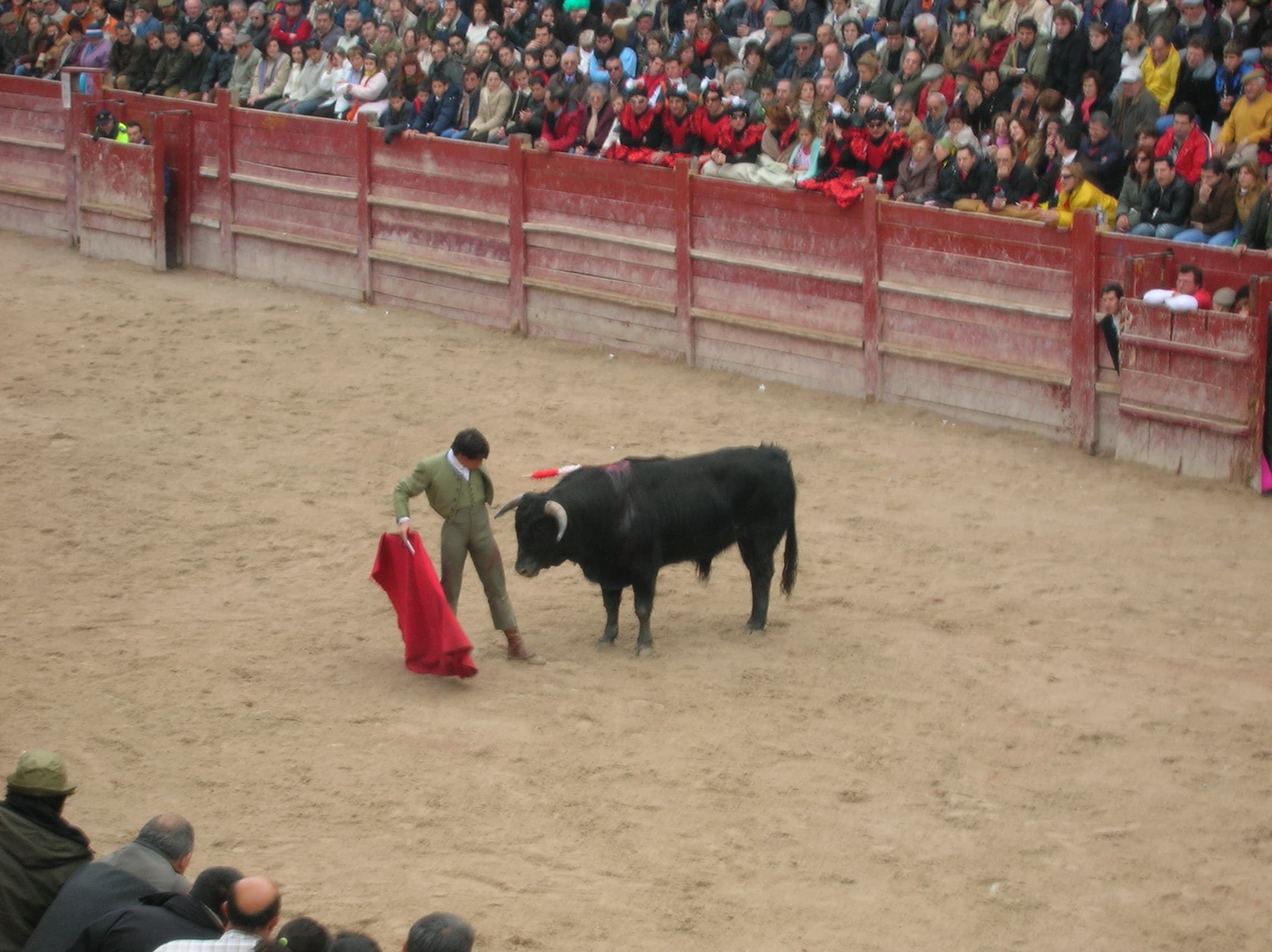
After several spears are sticking out of your body, you lose the strength to run. It’s at this moment a sword is thrust into your neck and you’re killed.
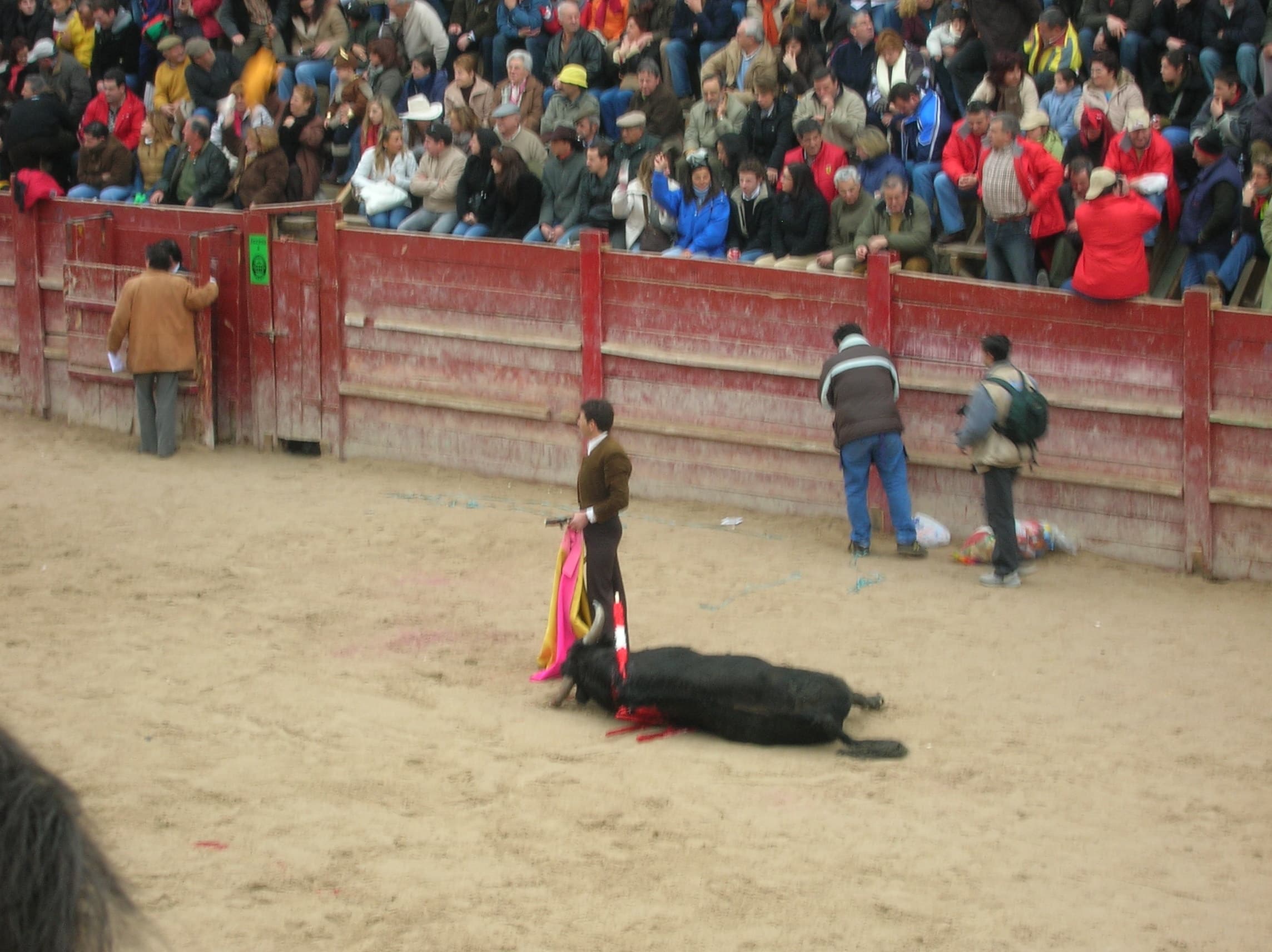
As I was watching this bull writhe in pain, I was struck emotionally. What was the point? For our entertainment? Because it’s culture? It was barbaric. It was this experience, and many others throughout the years (from books, movies and TV, YouTube videos, conversations), that sparked an uneasiness inside me about our relationship with animals.
But it was in 2020, when I watched Alex O’Connor’s video “The Meat Eater’s Case for Veganism” that flipped me from being somewhat interested in the ethics of how we treat animals to all of a sudden trying to find the best arguments against veganism to refute Alex’s points. I didn’t find any then and I have yet to find any now. I knew at that moment I had to become vegan, because I was convinced it was immoral to eat animals and I had no excuse not be.
Why you should care
On the other side of your carnitas bowl is a sentient being who was enslaved, abused, and ultimately had their life taken away from them without their consent. They didn’t want to die, and there is no way to kill someone humanely who doesn’t want to die.
If you eat animals, you owe it to your conscience, your desire to be a good person, to fully understand how your meat is made and what these sentient beings go through before arriving on your dinner plate.
Most people would say veganism is extreme. But I think believing it’s not immoral for us to enslave, abuse, and kill billions of animals per year is the extreme position, and to abstain from that to be the sane position.
“This is how humans are: We question all our beliefs, except for the ones that we really believe in, and those we never think to question.”
Orson Scott Card, Speaker for the Dead
Counter arguments
Since this is just my introduction to the vegan argument, I didn’t want to go deeper than I already have. However, it can’t be ignored that there are plenty of good and interesting counterpoints to the argument that we have a moral obligation to be vegan, such as:
- “It’s a personal choice what we eat.”
- “Animals are inferior and don’t have the same moral worth as humans so killing them for food is not immoral.”
- “We’ve been eating animals for thousands of years. It’s the natural food chain.”
- “It’s not immoral if they’re killed humanely, which is more painless than how they would probably be killed in nature.”
- “We’re biologically made to eat meat and we need meat in a balanced diet to live a healthy life.”
I plan to address some of these and others in upcoming writings.
You might also enjoy
-
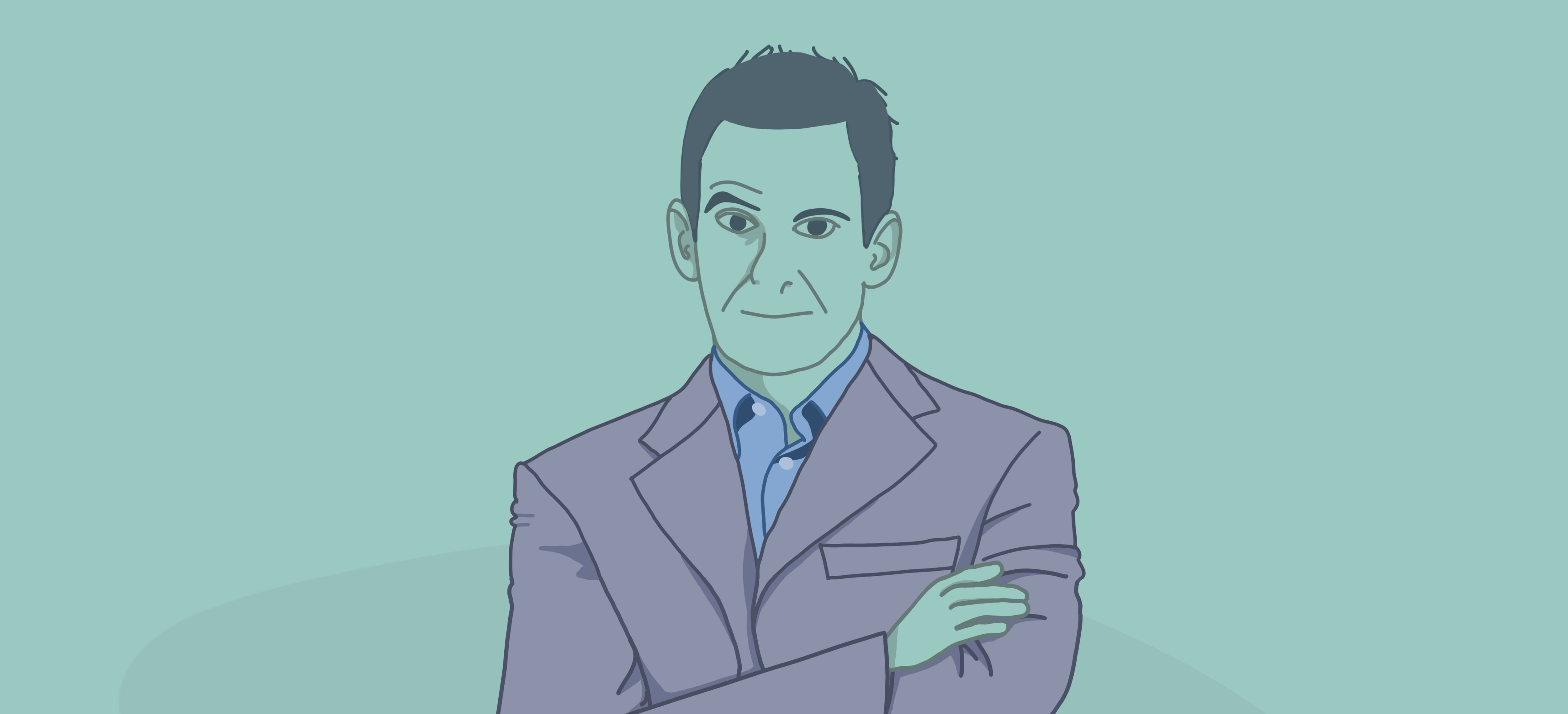
Free Will Doesn’t Exist
We can't control our choices because we can't control who we are and this changes everything.
-
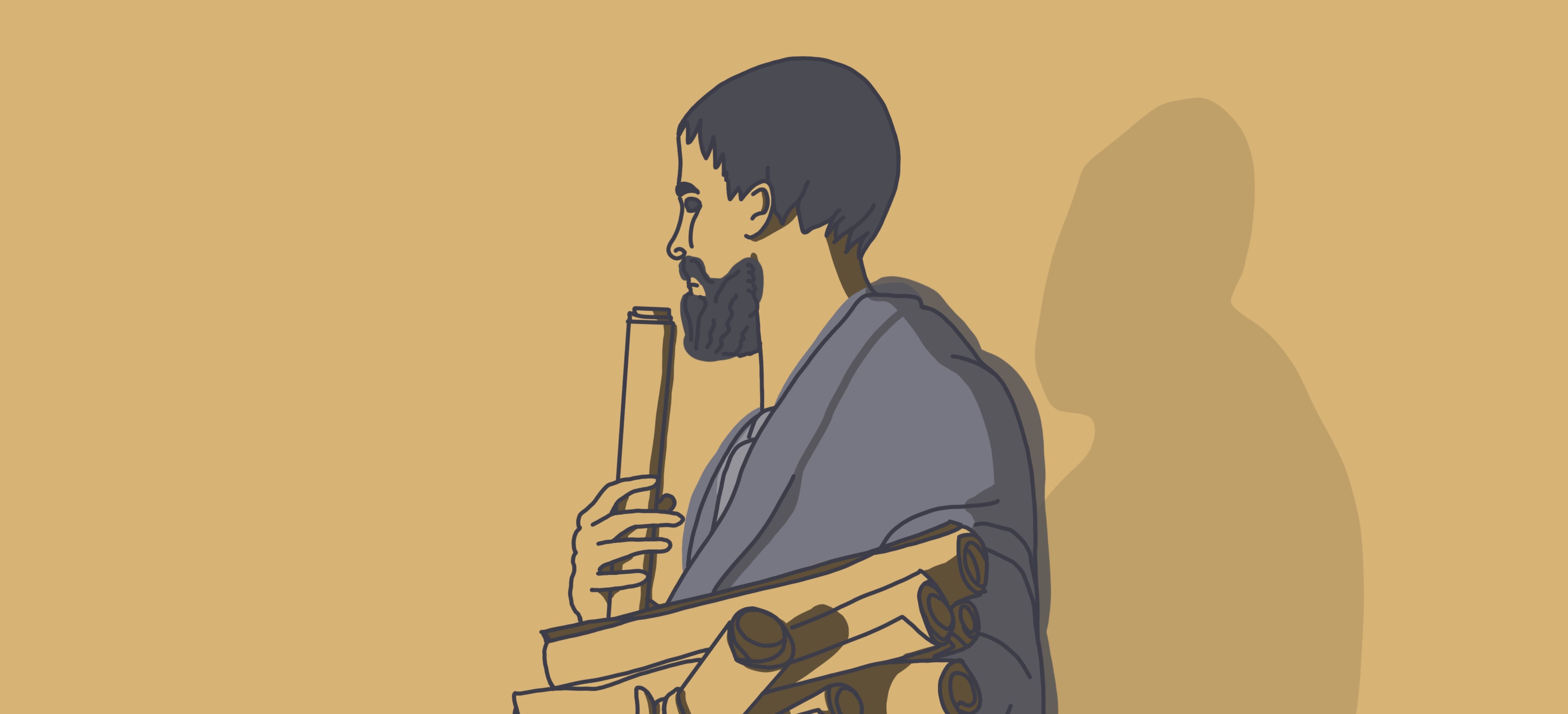
Virtue is a Better Goal Than Legacy
The Stoics saw virtue as life's highest objective. I'm starting to see why.
-
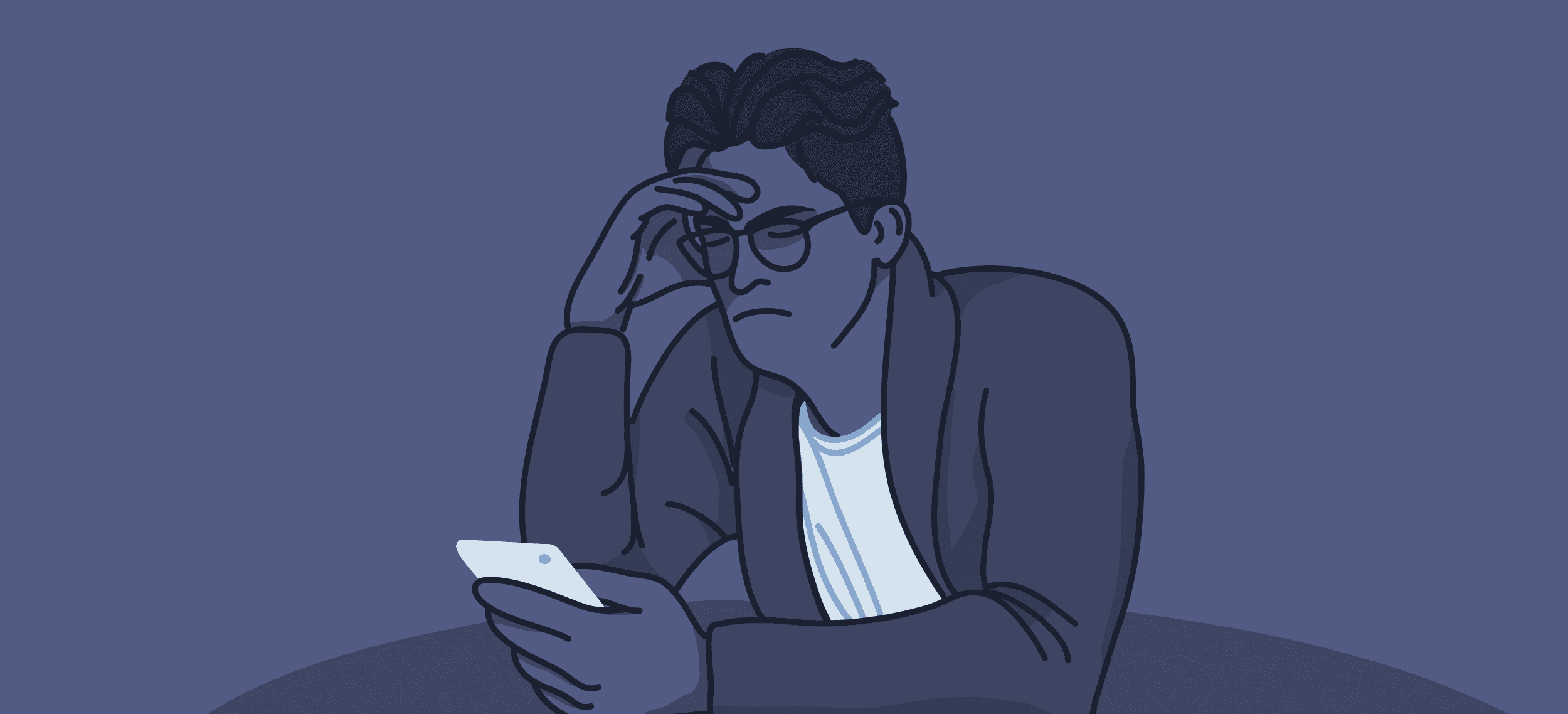
Stop Comparing Yourself to Others Or Who You Were Yesterday
Why these comparisons don't make sense and how it improved my mental health.
-
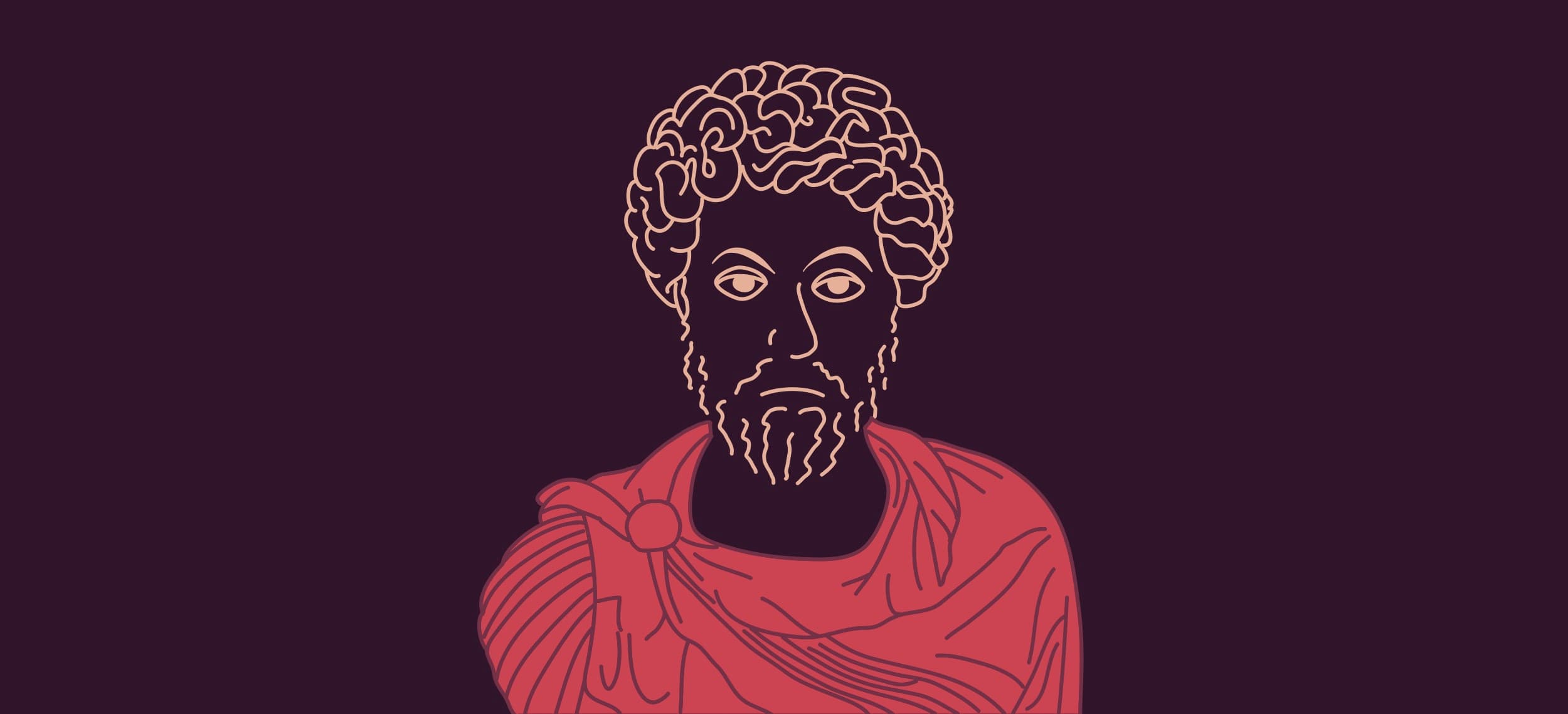
23 Stoic Journal Prompts for Self-Development
Inspired by the journal method of Marcus Aurelius, these journal prompts will help you improve your character, acquire tranquility, and be more of a Stoic.
Never Miss an Article
Get notified by email when I publish a new article.
